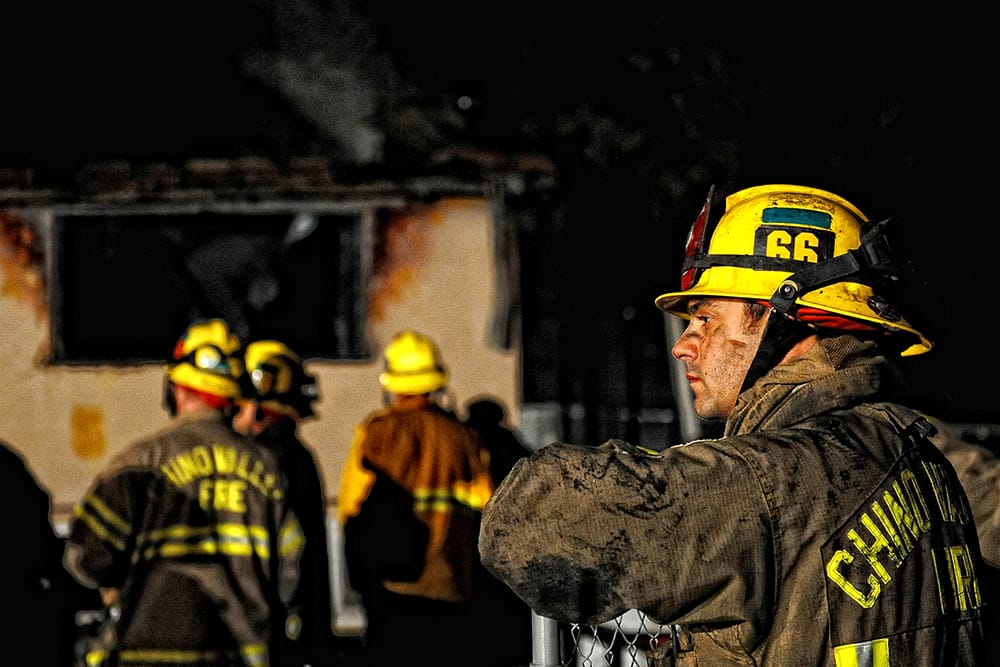Get the help you need right now 855-900-8437 Get Help Now
Get the help you need right now 855-900-8437 Get Help Now
August 14, 2017
To be successful, fire fighters depend on water to put out a fire or to stay hydrated on the job. Firefighting is a physically demanding job, and performance is greatly compromised when dehydrated. Even mild dehydration can result in decreased performance.
Maintaining normal body fluid balance is critical to any high-performance activity. According to Firefighter Nation (2011), exercising can cause people to lose between 8 and 16 ounces of water within an hour, on average. In addition, a fire fighter could lose as much as 50 – 70 ounces in sweat in just 30 – 45 minutes of firefighting activity. That’s why fire fighters must pay close attention to their water consumption.
The human brain is made up of about 75 percent water, and dehydration can quickly affect how we think and feel. Dehydration slows circulation and lowers blood flow, which results in less oxygen traveling to the brain.
Studies have shown dehydration contributes to drops in alertness, concentration and fatigue. It can also lead to headaches, anger and mood swings. These changes in mood and cognitive functioning can be challenging for any fire fighter. For those also dealing with depression, anxiety or post-traumatic stress disorder, the negative effects of dehydration can make a difficult day even worse.
Staying hydrated and eating nutrient-dense meals and snacks are effective daily habits for maintaining physical and mental well-being. In addition, hydration and healthy lifestyle behaviors, such as exercise, can strengthen resilience and provide extra protection to fire fighters as they deal with the stresses of the job.

To determine how hydrated you are, look at the color of your urine. Normal hydration levels should produce a pale yellow color. If needed, sports drinks can boost electrolyte levels and energy better than just water alone. Ultimately, you should be drinking half your body weight in fluid ounces each day (e.g., 85 fluid ounces for a 170-pound person).
For optimal fitness and job performance, fire fighters need to be hydrated before, during and after running a call. Below are some helpful tips for staying hydrated, provided by Firefighter Nation (2011):
It is critical that fire fighters and paramedics stay hydrated to be successful on the job and remain mentally and physically fit. Throughout the chaos of running calls — particularly during the hot summer months — it is extremely important to follow these hydration tips and always have a bottle of water handy.
Medical Disclaimer: The IAFF Center of Excellence aims to improve the quality of life for people struggling with a substance use or mental health disorder with fact-based content about the nature of behavioral health conditions, treatment options and their related outcomes. We publish material that is researched, cited, edited and reviewed by licensed medical professionals. The information we provide is not intended to be a substitute for professional medical advice, diagnosis or treatment. It should not be used in place of the advice of your physician or other qualified healthcare provider.